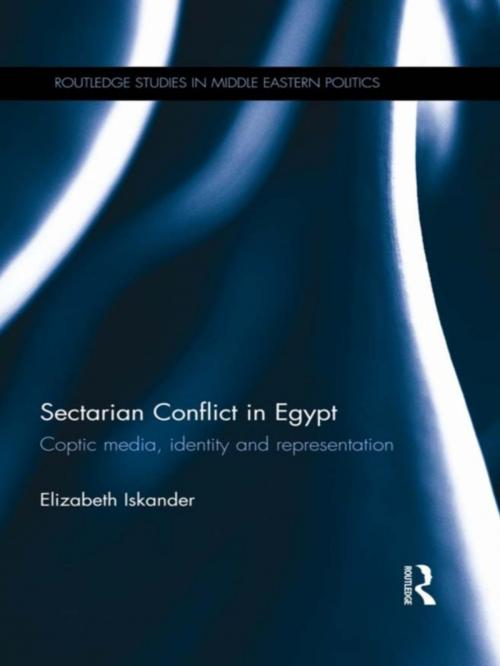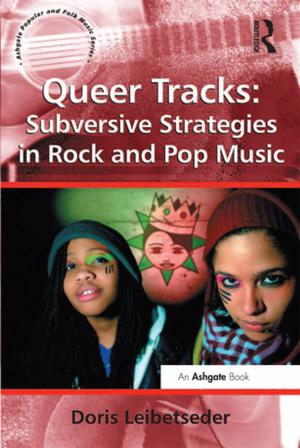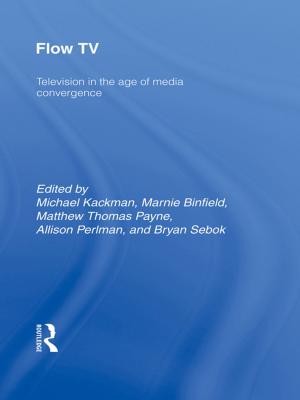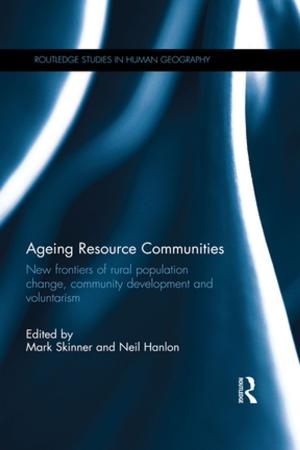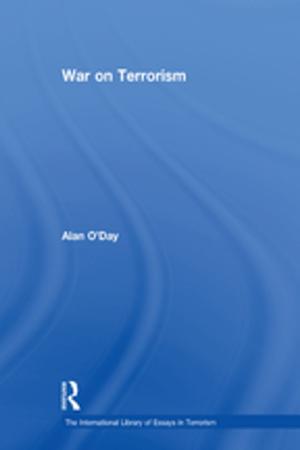Sectarian Conflict in Egypt
Coptic Media, Identity and Representation
Nonfiction, Social & Cultural Studies, Political Science, Social Science| Author: | Elizabeth Iskander | ISBN: | 9781136313646 |
| Publisher: | Taylor and Francis | Publication: | May 31, 2012 |
| Imprint: | Routledge | Language: | English |
| Author: | Elizabeth Iskander |
| ISBN: | 9781136313646 |
| Publisher: | Taylor and Francis |
| Publication: | May 31, 2012 |
| Imprint: | Routledge |
| Language: | English |
In light of the Egyptian uprising in early 2011, understanding the dynamics that are shaping Egyptian politics and society is more crucial than ever as Egypt seeks to re-define itself after the Mubarak era. One of the most controversial debates concerns the place of religion in Egypt’s political future. This book examines the escalation in religious violence in Egypt since 2005 and the public discourses behind it, revealing some of the complex negotiations that lie behind contestations of citizenship, Muslim-Christian relations and national unity.
Focusing on Egypt’s largest religious minority group, the Coptic Orthodox Christians, this book explores how national, ethnic and religious expressions of identity are interwoven in the narratives and usage of the press and Internet. In doing so it offers insights into some of Egypt’s contemporary social and political challenges, and recognises the ways that media are involved in constructing and reflecting formations of identity politics. The author examines in depth the processes through which identity and belonging are negotiated via media discourses within the wider framework of changing political realities in Egypt. Using a combination of methodological approaches - including comprehensive surveys and content analysis - the research offers a fresh perspective on the politics of identity in Egypt.
In light of the Egyptian uprising in early 2011, understanding the dynamics that are shaping Egyptian politics and society is more crucial than ever as Egypt seeks to re-define itself after the Mubarak era. One of the most controversial debates concerns the place of religion in Egypt’s political future. This book examines the escalation in religious violence in Egypt since 2005 and the public discourses behind it, revealing some of the complex negotiations that lie behind contestations of citizenship, Muslim-Christian relations and national unity.
Focusing on Egypt’s largest religious minority group, the Coptic Orthodox Christians, this book explores how national, ethnic and religious expressions of identity are interwoven in the narratives and usage of the press and Internet. In doing so it offers insights into some of Egypt’s contemporary social and political challenges, and recognises the ways that media are involved in constructing and reflecting formations of identity politics. The author examines in depth the processes through which identity and belonging are negotiated via media discourses within the wider framework of changing political realities in Egypt. Using a combination of methodological approaches - including comprehensive surveys and content analysis - the research offers a fresh perspective on the politics of identity in Egypt.
